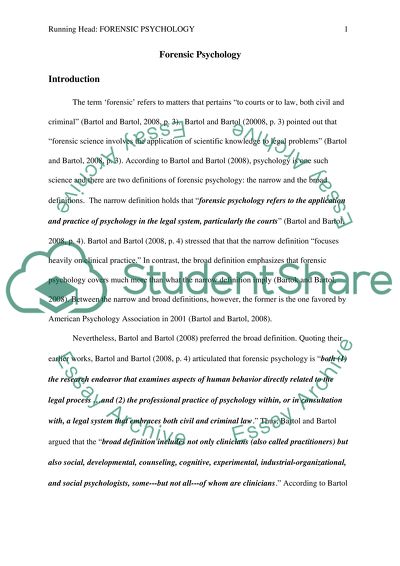Cite this document
(“Forensic Psychology Research Paper Example | Topics and Well Written Essays - 1250 words”, n.d.)
Retrieved from https://studentshare.org/psychology/1433192-forensic-psychology
Retrieved from https://studentshare.org/psychology/1433192-forensic-psychology
(Forensic Psychology Research Paper Example | Topics and Well Written Essays - 1250 Words)
https://studentshare.org/psychology/1433192-forensic-psychology.
https://studentshare.org/psychology/1433192-forensic-psychology.
“Forensic Psychology Research Paper Example | Topics and Well Written Essays - 1250 Words”, n.d. https://studentshare.org/psychology/1433192-forensic-psychology.


